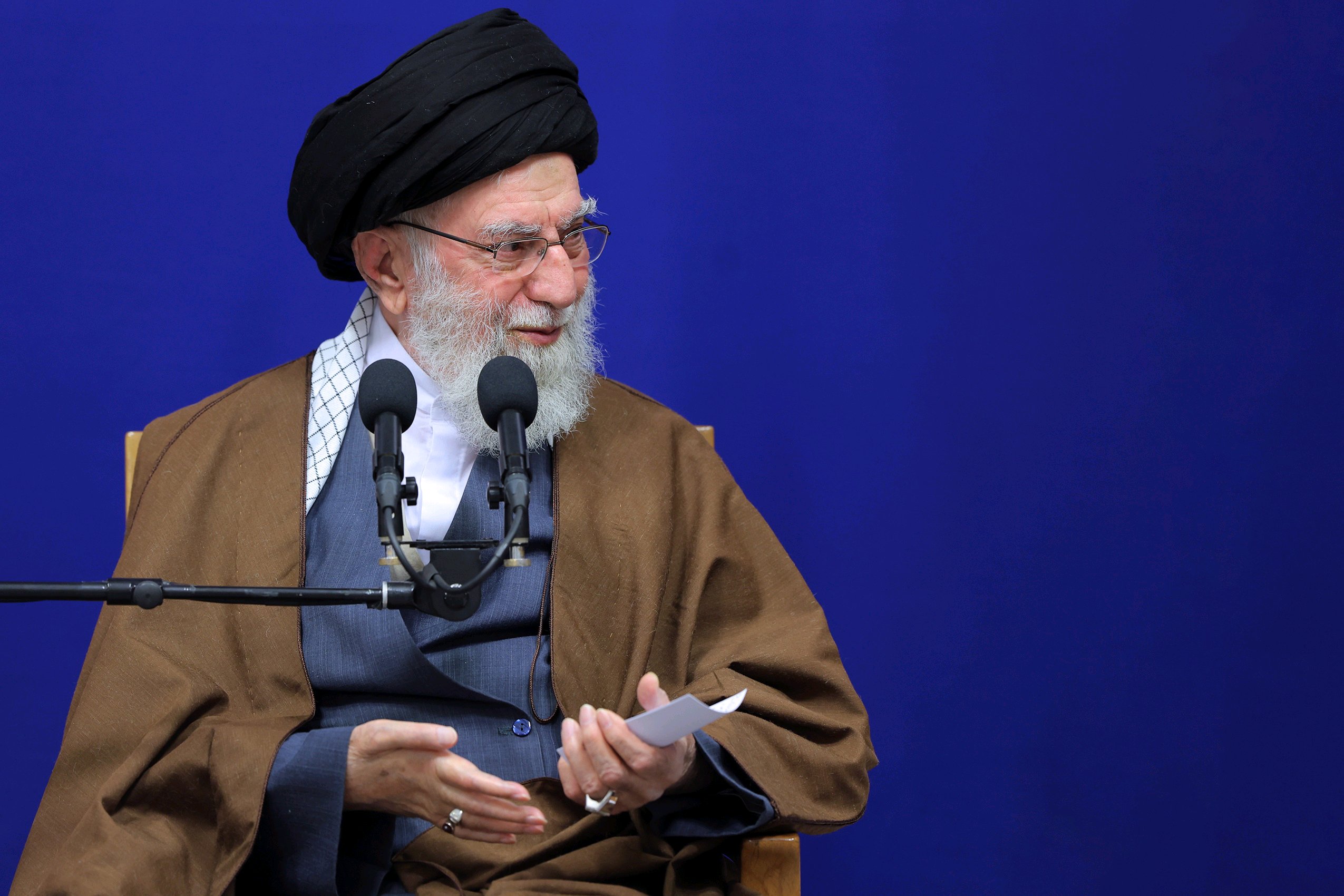According to a report by Telegraph, on Wednesday 12, 2025, Iranian President Masoud Pezeshkian delivered a frustrated admission to parliament on Tuesday that the government has virtually no ability to resolve the country’s escalating water crisis, challenging critics to take control if they believe solutions exist.
In a visibly angry address to lawmakers, Pezeshkian responded to televised claims that authorities possess the capability to address the emergency.
“Some people are going on TV and saying [the government has] the ability to do something,” he shouted. “If you really think you have the ability to fix it, I’ll hand over all the authority – come and fix it.”
The outburst highlights the depth of frustration within Iran’s leadership as the nation confronts what officials describe as an almost unsolvable water emergency. According to the president, there is essentially nothing that can be done to reverse the crisis at this stage.
Tehran’s reservoirs currently hold an estimated nine days of drinking water, prompting warnings that the capital’s 10 million residents may require evacuation if rainfall does not arrive imminently. The crisis has reached such severity that Pezeshkian has proposed relocating government institutions to southern parts of the country, with the potential mass exodus of the civilian population.
While some critics have accused the president of scaremongering, Iranian scientists confirm his assessment of both the magnitude and origins of the challenge. The nation is experiencing its sixth consecutive year of drought, an unprecedented duration that experts say could destabilise any government worldwide.
Kaveh Madani, former deputy head of Iran’s environment department, explained the administration’s predicament. “All those decisions are legacy decisions that, now, the administration of Pezeshkian needs to deal with.
That’s why there is so much frustration,” he stated. “And unfortunately, at this point in time, there is no solution left except for emergency response and begging the citizens to consume less water or even leave the town to reduce their consumption.”
The president has attributed the emergency partly to a 40 percent year-on-year decline in rainfall, but also to decades of misguided development that depleted aquifers and permitted Tehran’s chaotic expansion beyond what the landscape can sustain.
Water rationing has commenced across the capital, with universities closing dormitory showers and authorities considering reducing overnight water pressure to zero. Poor neighbourhoods are bearing the harshest impacts, with residents reporting nights when taps produce only drips. View, More,
Explore More News By Using The Button.

